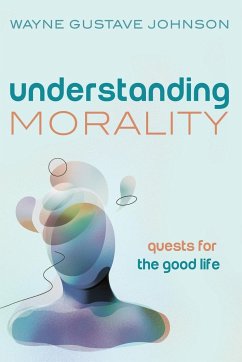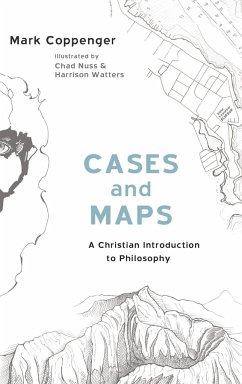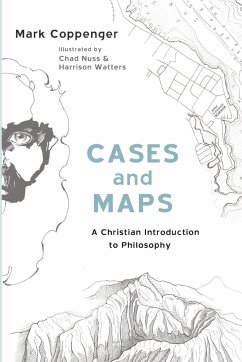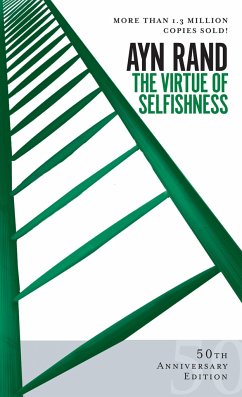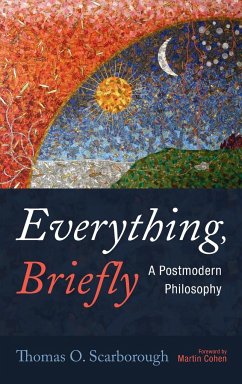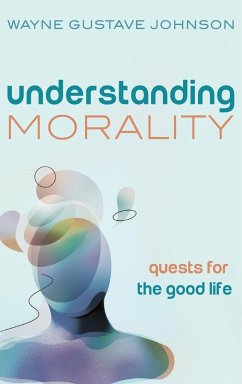
Understanding Morality
Versandkostenfrei!
Versandfertig in 1-2 Wochen
34,99 €
inkl. MwSt.
Weitere Ausgaben:

PAYBACK Punkte
17 °P sammeln!
This book explains why moral systems necessarily develop and why they take the various forms that they do. Johnson argues that moral systems are best understood as attempts both to seek out ways of living a fulfilling human life and also to find ways of relating to others who also seek a fulfilling life. Philosophers generally agree that the moral pathway is also the fulfilling pathway. However, the moral pathways advocated and the kind of fulfillments envisioned depend upon beliefs about human nature as well as beliefs about the ultimate nature of things--a worldview. Aristotle, Epicurus, Sai...
This book explains why moral systems necessarily develop and why they take the various forms that they do. Johnson argues that moral systems are best understood as attempts both to seek out ways of living a fulfilling human life and also to find ways of relating to others who also seek a fulfilling life. Philosophers generally agree that the moral pathway is also the fulfilling pathway. However, the moral pathways advocated and the kind of fulfillments envisioned depend upon beliefs about human nature as well as beliefs about the ultimate nature of things--a worldview. Aristotle, Epicurus, Saint Augustine, and Friedrich Nietzsche, for instance, had radically varying views about what constitutes a fulfilling life. Johnson argues that the moral quest involves properly arbitrating among the often competing wants, needs, and desires pursued by human beings. Not all such wants, needs, and desires can be fulfilled; some must necessarily go unfulfilled. This implies that a vast number of human choices are moral choices. For instance, who eats and who does not? Johnson gives no moral advice. His aim is to show the reader the nature of the moral choices they necessarily make.





